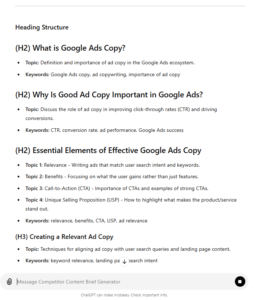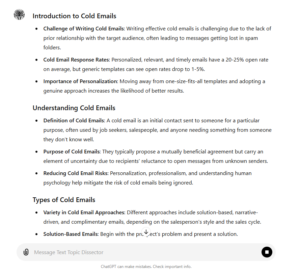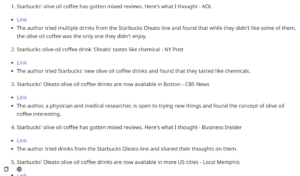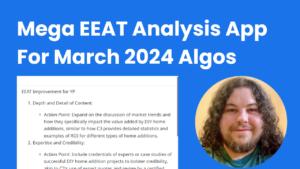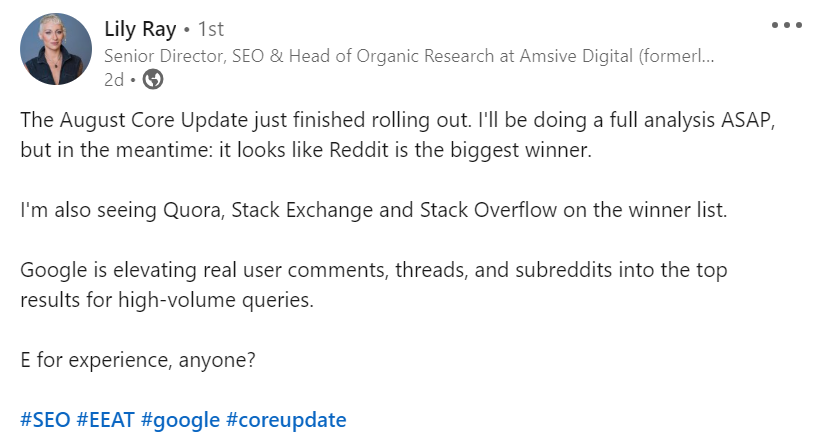
Why Experience Matters More Than Ever for SEO
A self-replicating feedback loop that hurts Google’s wallet
Prioritizing real experience makes sense
So what can you do about it?
The oversimplified approach: lie
Google doesn’t believe you
Google uses a consensus-based zero-trust approach. Meaning, Google wants you to prove your claims.
First-hand experience is a challenge for content writers. AI can help
Content curation is the solution
Experience is all around you
- You can source experiences from inside your company
- You could talk to a group of customers.
- You could look for social posts, experts, or industry commentators.
First, think about how an algorithm would detect experience
Search is not a magical sentient being (yet)
How to inform a “prove it” algorithm
Here are some ideas for detectable signs of first-hand experience:
| Experience type | Details |
| Personal Narratives | First-hand accounts or stories from the author. |
| Interviews | Q&A sections where the creator elaborates on experiences. |
| Case Studies | Detailed, specific accounts of situations. |
| Photo and Video Documentation | Shows the author in the experience context or the author documents their experience. |
| Ratings or Scoring Systems | Personal rating system for products, places, etc. |
| Comparison Based on Experience | Comparing multiple products, places, or situations based on personal use. |
| Mentions of Duration or Time Frame | Statements specifying the length of time someone used a product, stayed, etc. |
| Behind-the-Scenes | Shares unconventional moments of the experience. |
| Author/Creator Bio | Shows who made the content and how their experience is relevant. |
| Feedback and Updates | Updates about subsequent engagements with the subject. |
| Interactive Elements | Sections like “My Experiences” or “What I Learned”. |
| Timestamps | Indicate the date/time of the experience. |
| External Backlinks or References | Links to the author’s experiences on other platforms or websites. |
1. Add Experience With Personal narratives
What it is: First-hand accounts or stories from the author.
How to detect: First-person pronouns like “I” or “me”. Relevant context within paragraphs.
Example: “I tried this product, and it was great!”
This is the strongest indicator of human experience, but also the easiest to fake.
First-hand text will be very useful for finding and indexing experience content. Google will then look around for more proof.
Prompt to generate first-hand experience:
Revise this text to be written by first-hand account. Include examples of where a personal story or reference could be included.
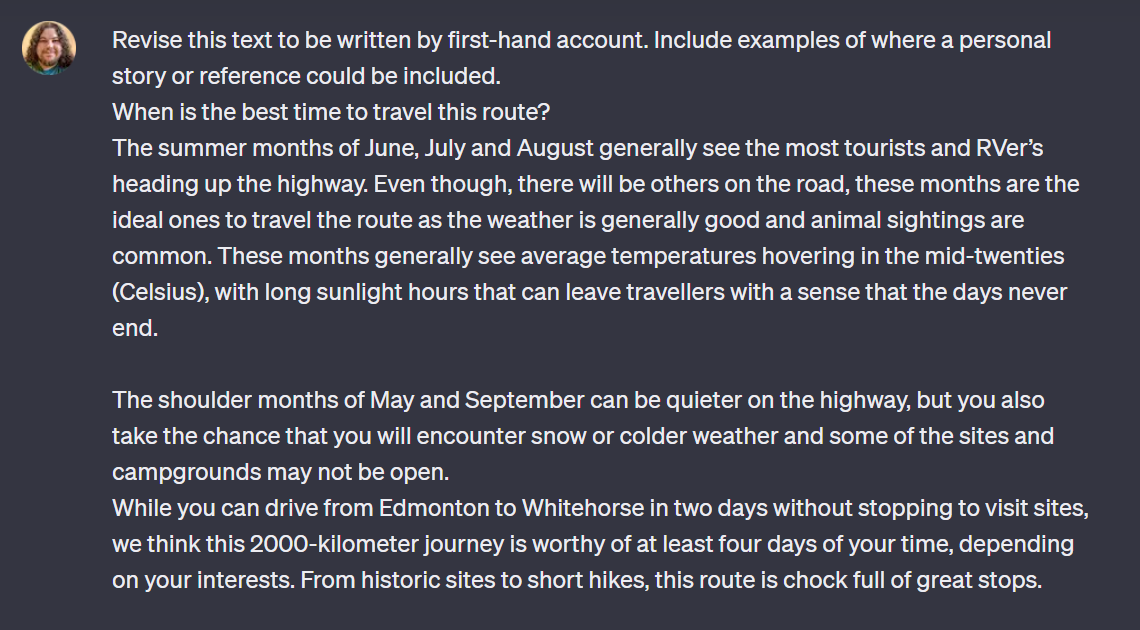
GPT’s output:
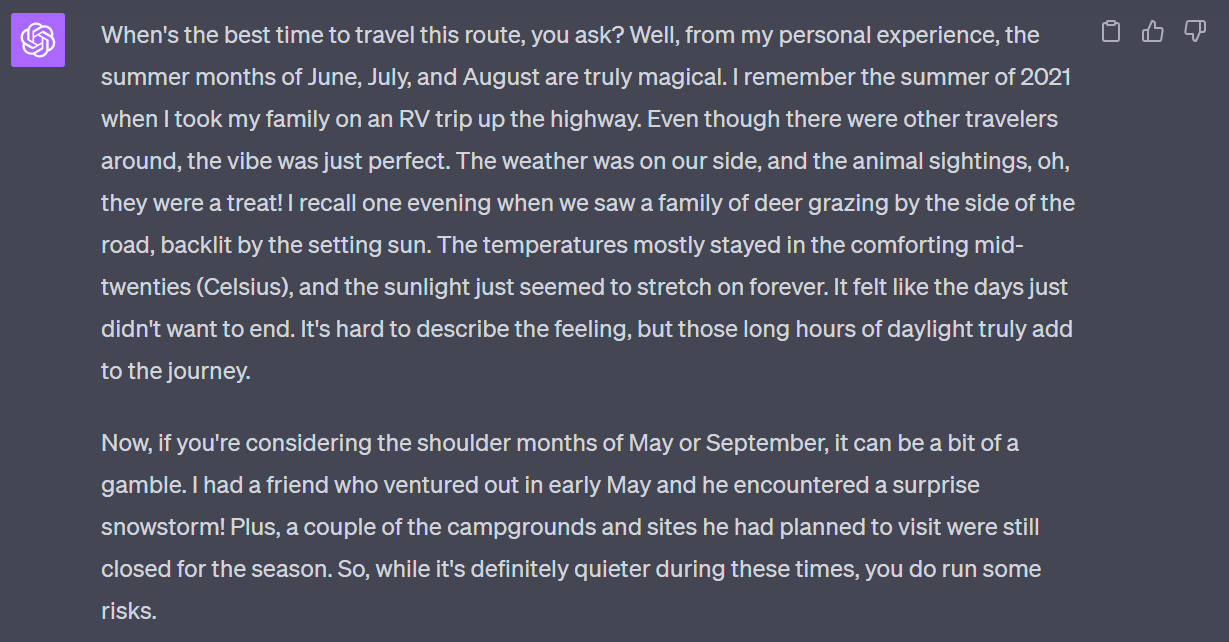
In the prompt above, I provided a sample of text from a travel site. The page used does not include first-hand experiences or perspectives.
And ChatGPT had an easy time making up a story. A pretty good one too. It sounds like it’s been there and experienced the road trip.
Which is why I say that this is not enough. It would be too easy to swap content to first person and win.
So let’s look at another big confluence…
2. Add first-hand experience with unique photos and videos
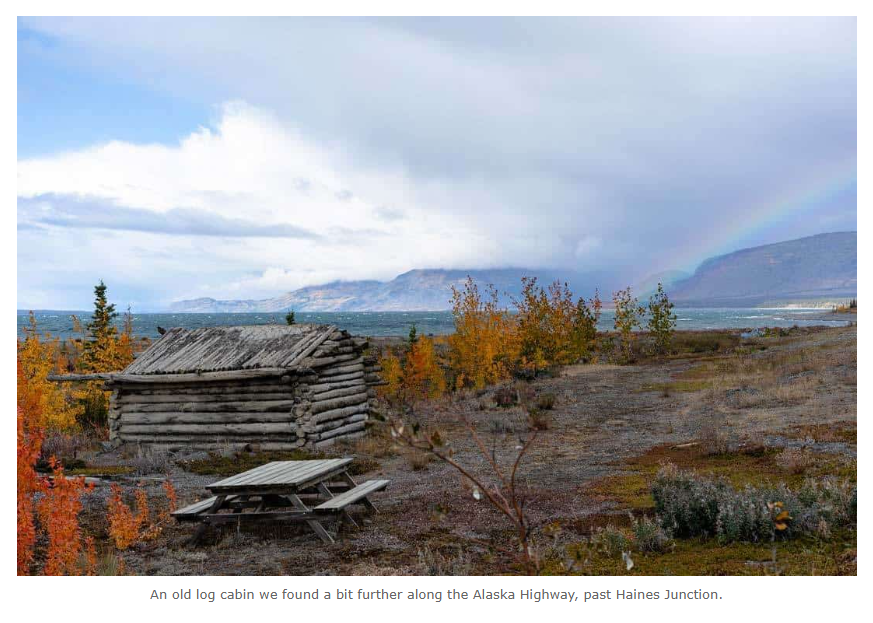
Unique photos or videos can play a big role in determining the authenticity of content.
What it is: Media of the author in the experience or the author documents their experience.
How to detect: Image recognition, relevance, and uniqueness scoring.
Example: see below
There are so many stock photos on the web. It’s easy to tell when a photo is unique.
Google has really advanced image recognition these days. So in essence, Google can tell if you have authentic relevant photos on your page.
Example:
For the search term: “how to plan a road trip to the Yukon”:
This page by NOMADasaurus documents a couple’s road trip. It outranks the previous page I mentioned above.
Not only is their content showcasing first-hand perspectives, but their images are unique. They took all the photos themselves.
while the latter page used a photographer’s photos and credited them.
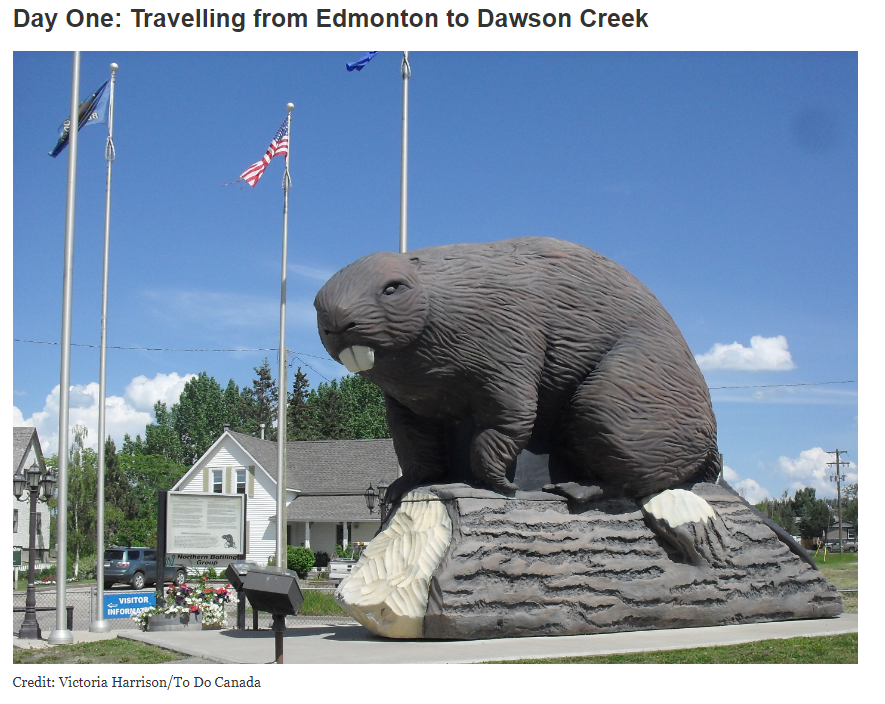
This is one of the images used on the unoriginal outranked page.
Note how even the captions credit that this is not original photography.
This is also an image of a popular landmark. No doubt lots of people have taken photos of it and many blogs have talked about it.
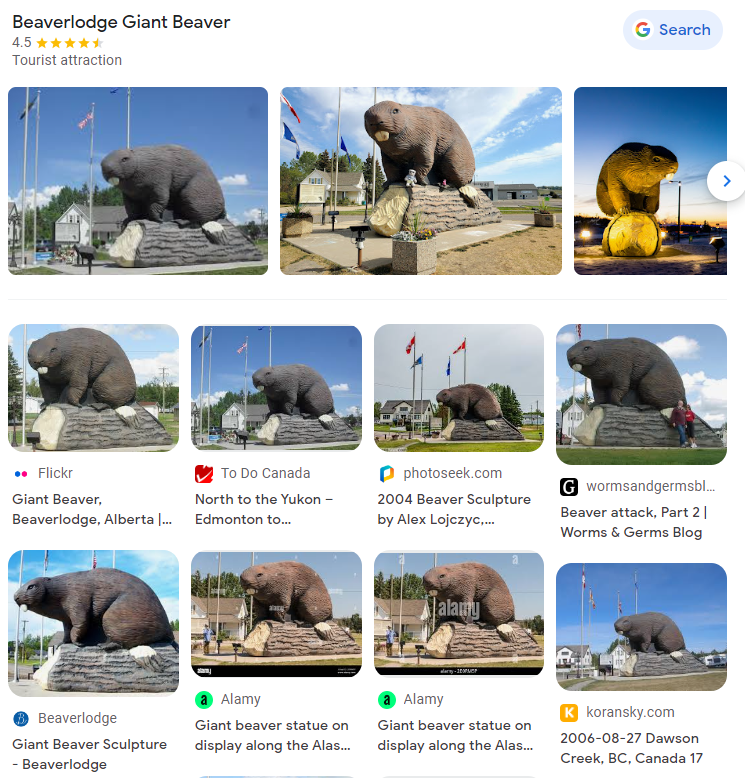
A reverse image lookup shows lots of sites with similar photography.
It may be valuable to mention this common landmark. But making it a key section of the page is not bringing anything unique or valuable to the table.
Now let’s look at the images on the page that is outranking them:

The post by NOMADasaurus features nice and unique photography. Even the captions indicate first-hand experience: “An old log cabin we found…”
In a reverse image lookup, the domain is the only 100% match for the image. Followed by related images.
This indicates that the photo is unique to that domain. Which is likely a trust point for Google’s experience ranking algorithms.
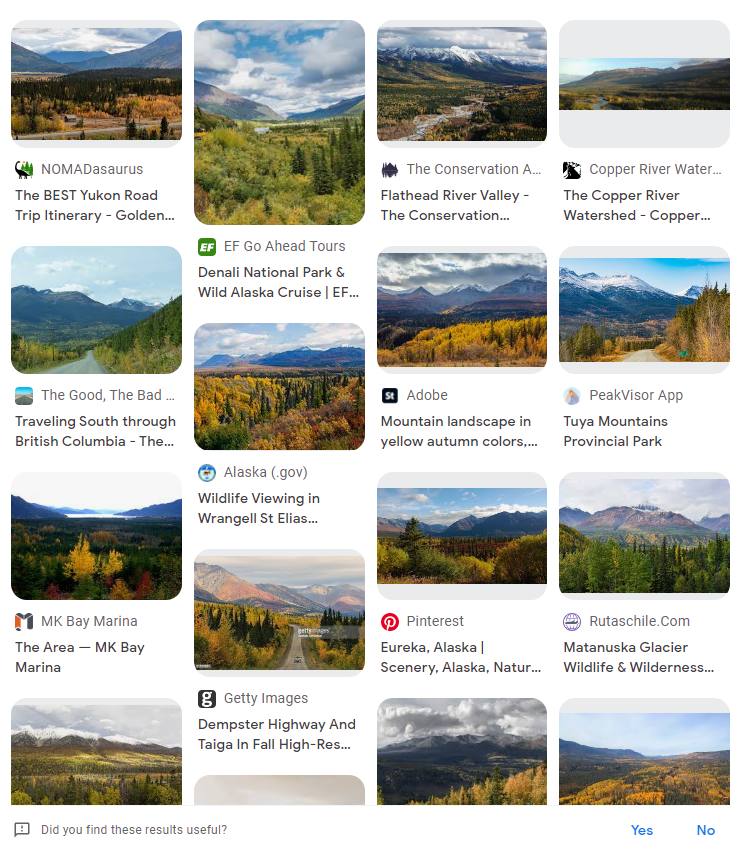
Prompt for image recommendations
You are a photographer. Please provide some ideas about how we can improve this page with unique imagery, with the goal to provide a better user experience.
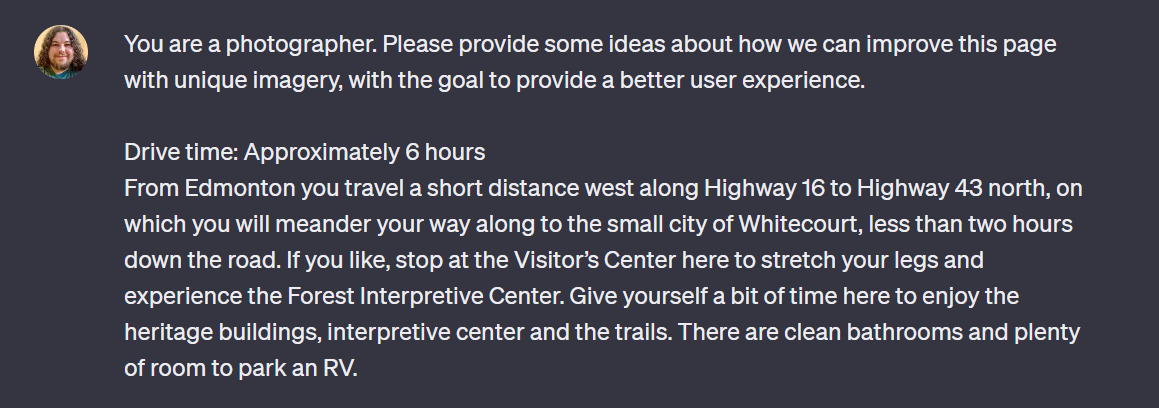
GPT’s output:
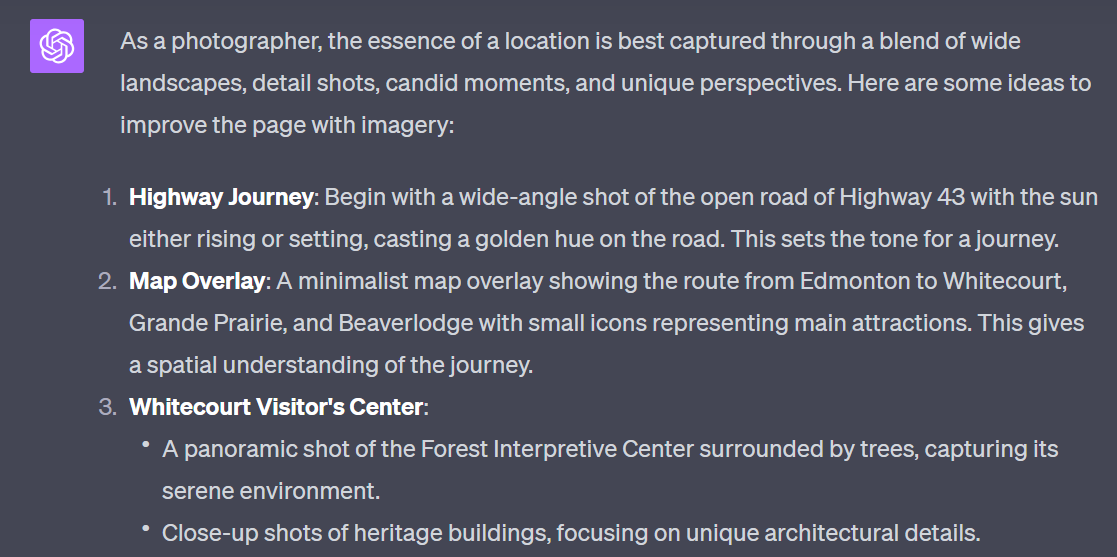
This prompt gets GPT to act as a photographer. It provides recommendations about improving the user experience of a web page.
ChatGPT did a fantastic job of recommending image placements and style.
Now you as the human who assembles things, can go about sourcing the unique media to improve your page.
3. Add first-hand experience with interviews
Finding Interviews with someone who has first-hand experience is easy.
There are lots of ways to source expertise. You could collect expert opinions from HARO. Or set up a podcast interview with an influencer. Or you could call reporters for a local event.
Interviews are a tried and true approach.
What it is: Text or other media that quotes the thoughts or opinions of a trustworthy source.
How to detect: Text recognition, image recognition, video captions, external links, entities, authors
Example: “Musk biographer Walter Isaacson tells Axios. Musk wanted to produce enough of the self-driving robotaxis so that people wouldn’t need to own a car…”
Example of interviews adding first-hand experience

This post by Axios immediately mentions how they got their info. In the beginning, they state they interviewed Musk’s biographer, Walter Isaacson.
The person interviewed studied Elon’s life and wrote a best-selling book about him. This is verifiable with a quick web search.
They also added external links where appropriate. This further validates that they have a real expert on hand.
So while they didn’t interview Elon, they were still able to rank because they brought in an Elon expert.
Remember, expertise and authoritativeness are weighted by risk. A mom is an expert on her blog about soccer mom life. A cardiologist is an expert for a website about heart problems.
Prompt to get interview ideas
You are an editor. We need to add some third-party credibility to this page. What kind of experts, influencers, spectators, or everyday people could add value to this page?
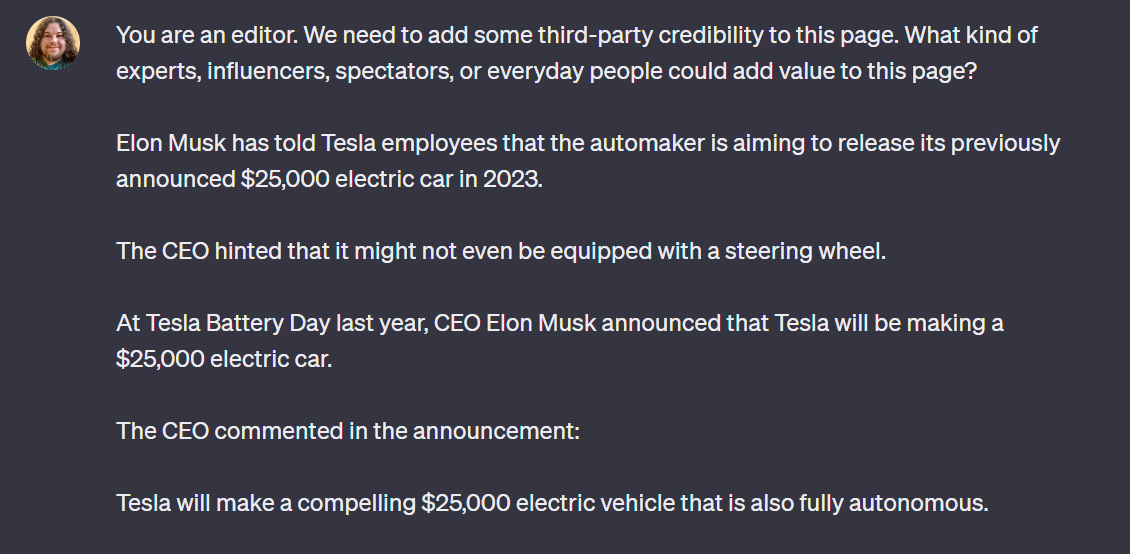
GPTs output:
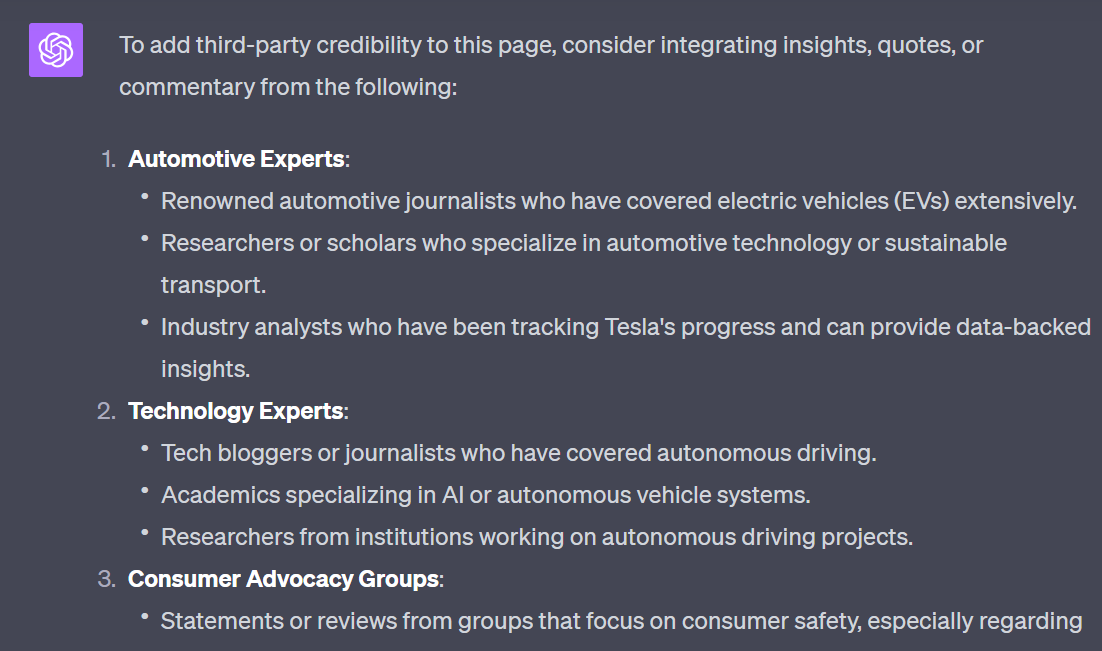
In this prompt, I copied the text for a similar post. This post is getting much less traffic for the same topic of Elon releasing a $25k car.
This page doesn’t provide insights from experts. They are only reporting on stuff that happened.
GPT provides excellent ideas for the kind of content you would want to pull in to add credibility.
Let’s take this a step further:
Now let’s say you don’t actually want to interview anyone. No problem, someone else has interviewed them for you.
We can find interviews and link to them. Then reference the context from it a few times to improve your page.
While not as valuable as an exclusive interview, it still gives you plenty to work with.
But how can we find pre-existing expert interviews?
Find interviews in a flash with perplexity.ai
Perplexity.ai provides great outputs and is lots of fun to use. I can often find great interviews on the first try.
It saves me the hassle of having to sift through pages on Google.
I copied one of the expert interview recommendations from ChatGPT and prompted to find interviews:

Perplexity’s output:
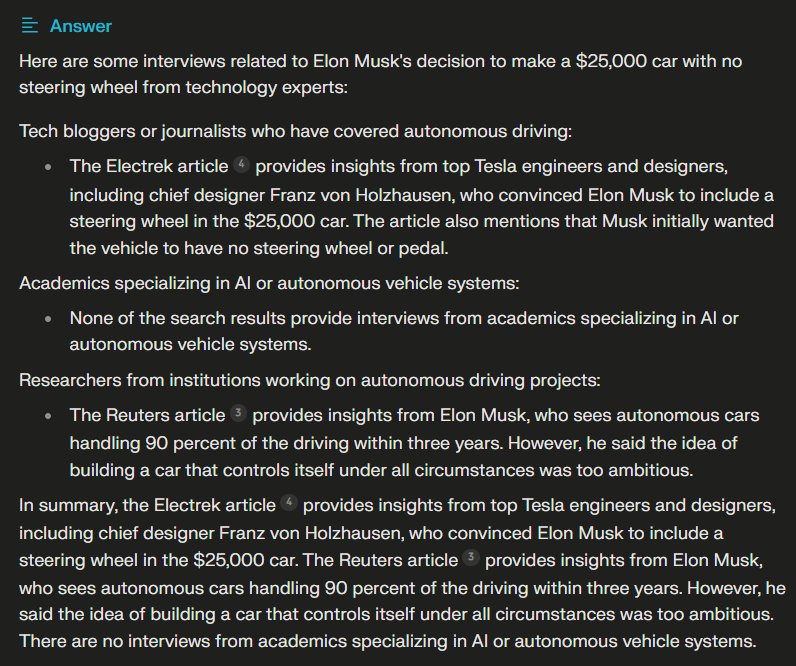
Perplexity found several great sources we could reference. Finding several interviews with technology experts related to the topic.
More prompt ideas like interviews
Interviews are just one way to add credibility to a page.
Some more ideas: opinions, quotes, reports, podcasts, big announcements, predictions, etc.
You can use the same prompting strategy above to find all these credibility add-ons! 🙌
Check out some more Perplexity.ai EEAT prompts here.
Use AI To Fight AI
You get the idea. You need AI to fight AI.
You also need better AI strategies than your competitors.
The irony is that the industry is shifting from producing all the content manually to editing all the AI content.
So there will be more pages, more competition, and less traffic for most businesses.
At least Google will make lots of money though. At the end of the day, that’s all that really matters… Right?
P.S. Don’t forget to join my newsletter and follow me on LinkedIn for more AI+ SEO strategies.
